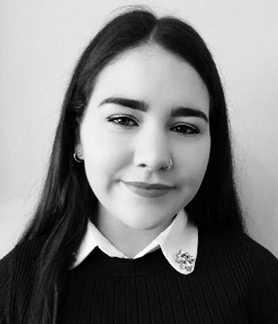Women in STEM
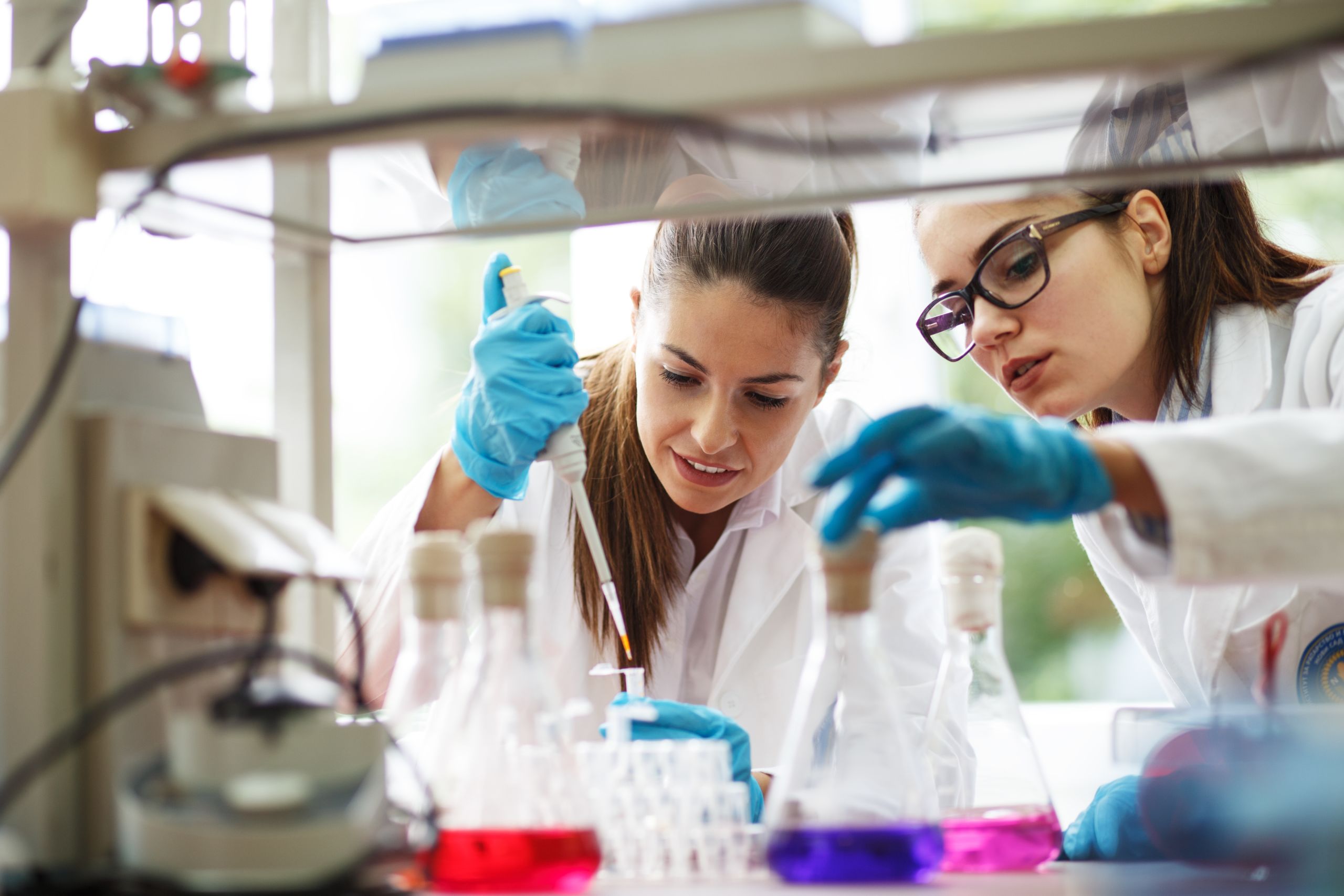
Be inspired by the ground-breaking work of female researchers in science, technology, engineering, and mathematics (STEM)
Cultivate creativity and curiosity and build a better world for society through STEM.
Prof. Louise Allcock
I'm a marine scientist working primarily in extreme environments including the Southern Ocean and the deep sea.
We need to understand these habitats, and the organisms that live in them, to ensure that they are adequately protected and continue to provide the ecosystem services, such as carbon sequestration, that are fundamental to the planet's survival.
More
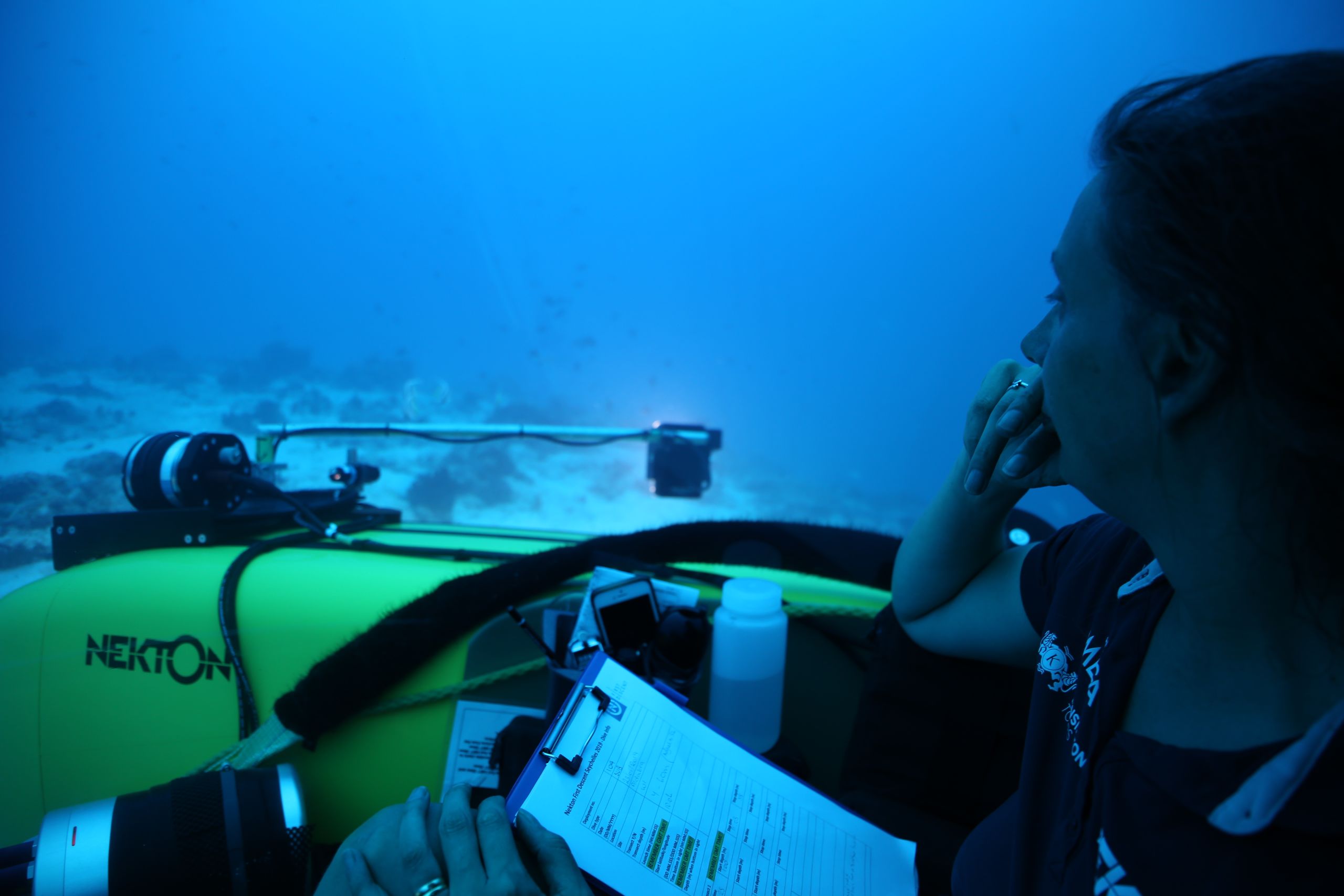
Dr. Valentina Balbi
Since January 2021 I am a lecturer in Applied Mathematics in the School of Maths. My research field is in soft tissues mechanics. I spend half of my time in the lab measuring the mechanical properties of gels and real tissues, and the other half in my office working with equations to model real biomechanics problems.
What I like the most about being an applied mathematicians is to be able to translate real life problems into equations and eventually solve them. On the journey to find the solutions I always learn a lot of new things, get to work with many people and travel around the world.
More
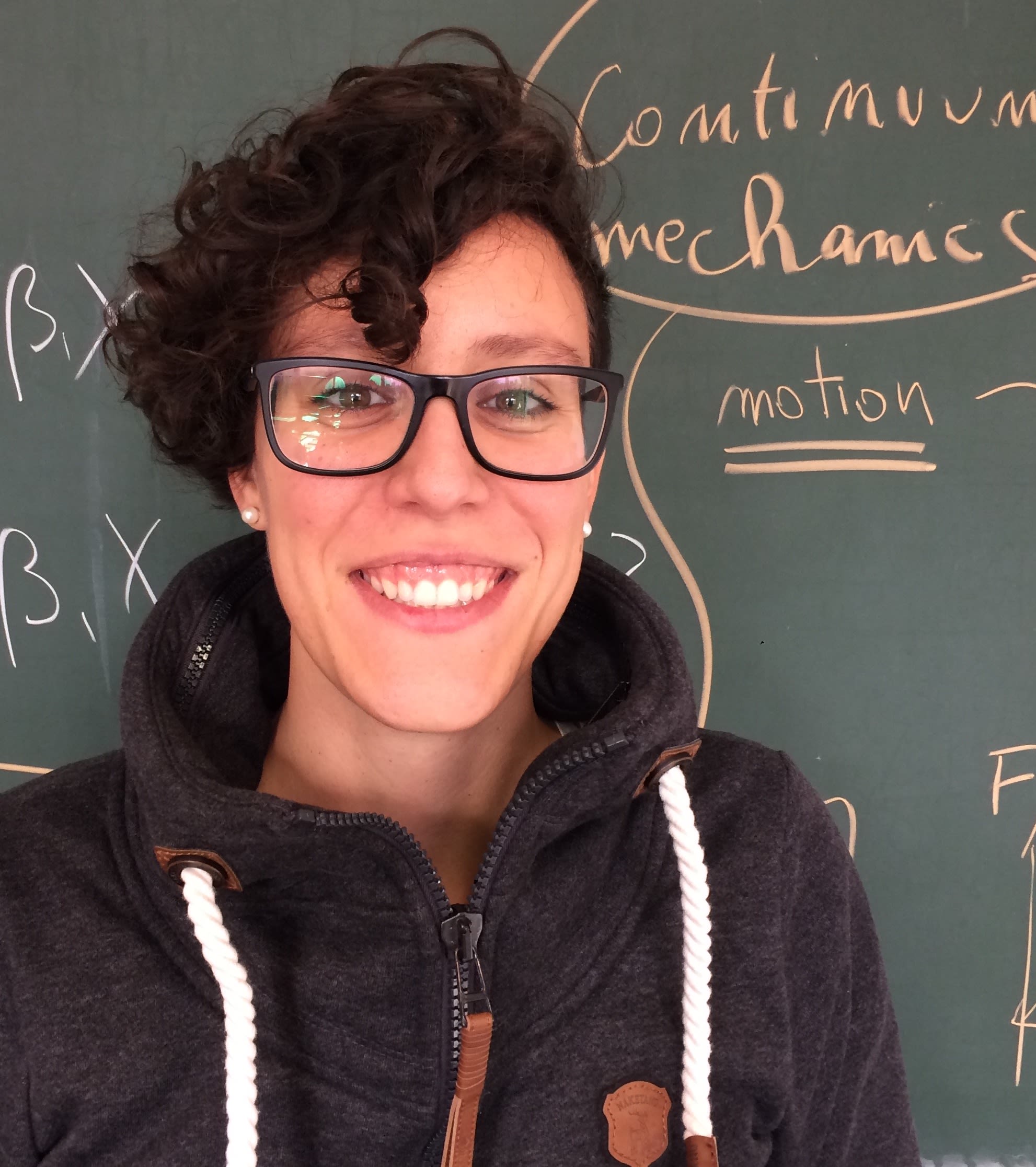
Dr. Meadhbh Brennan
My interdisciplinary research focuses on the therapeutic potential of mesenchymal stromal cells (MSCs) and their secretome, specifically extracellular vesicles, with a particular interest in tissue engineering, mechanobiology, immunomodulation, and bone repair.
Ten per cent of all broken bones don’t heal by themselves, and the clinical gold standard treatment is autologous bone grafting, however this has several limitations including limited quantity and quality and a painful bone harvest procedure. The focus of our group's work is to investigate MSCs and their secretome combined with synthetic biomaterials, which has the potential to overcome these challenges and improve patient care.
More
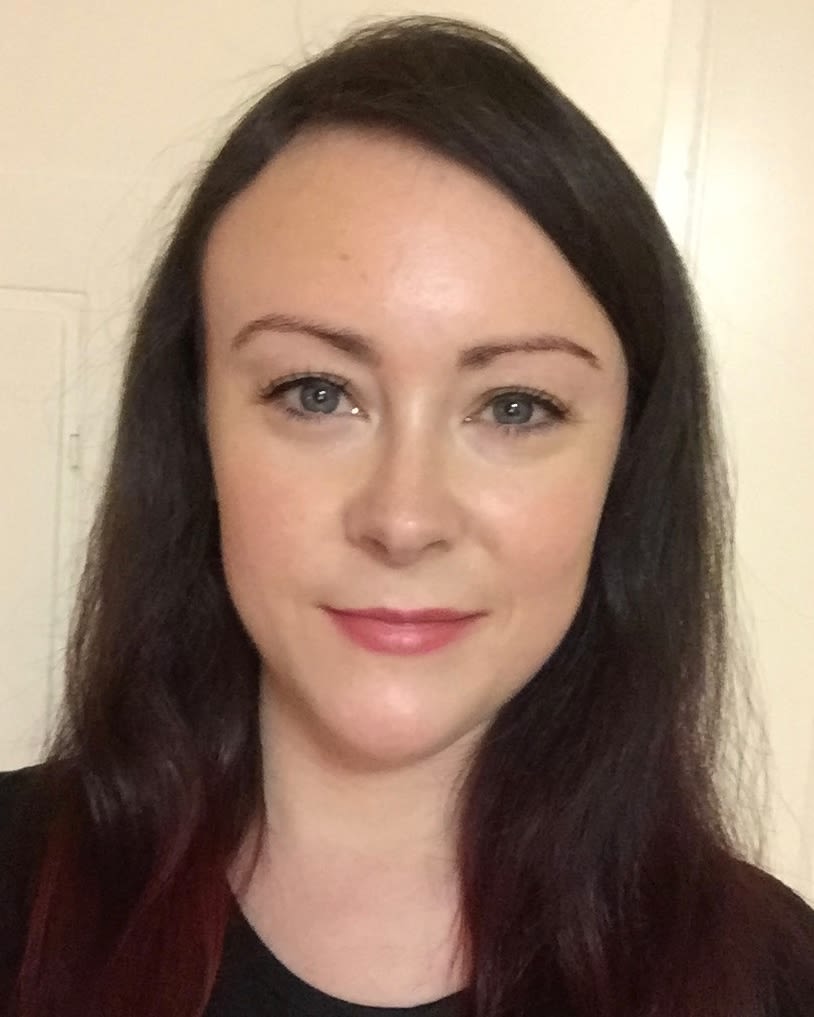
Dr. Miriam Byrne
I am an aerosol scientist, so I am interested in the behaviour of small airborne particles, which can be hazardous to humans when we inhale them, or when they deposit on our skin
The focus of my work is on indoor air pollution and this is timely because:
1. We spend the majority of our time indoors, either in homes, workplaces, social settings, schools/colleges, or vehicles, so in terms of our overall health and well-being, it is important to ensure that we are breathing clean air indoors
2. A drive towards a low-carbon economy goes hand in hand with a drive towards energy efficient buildings. These buildings can often be more airtight than traditional buildings, resulting in air pollution build-up.
3. It is now well known that infectious agents such as Covid-19 spread by the airborne route, and built environment research helps us to develop strategies, such as increased ventilation, that reduces indoor exposure risk from these agents.
More
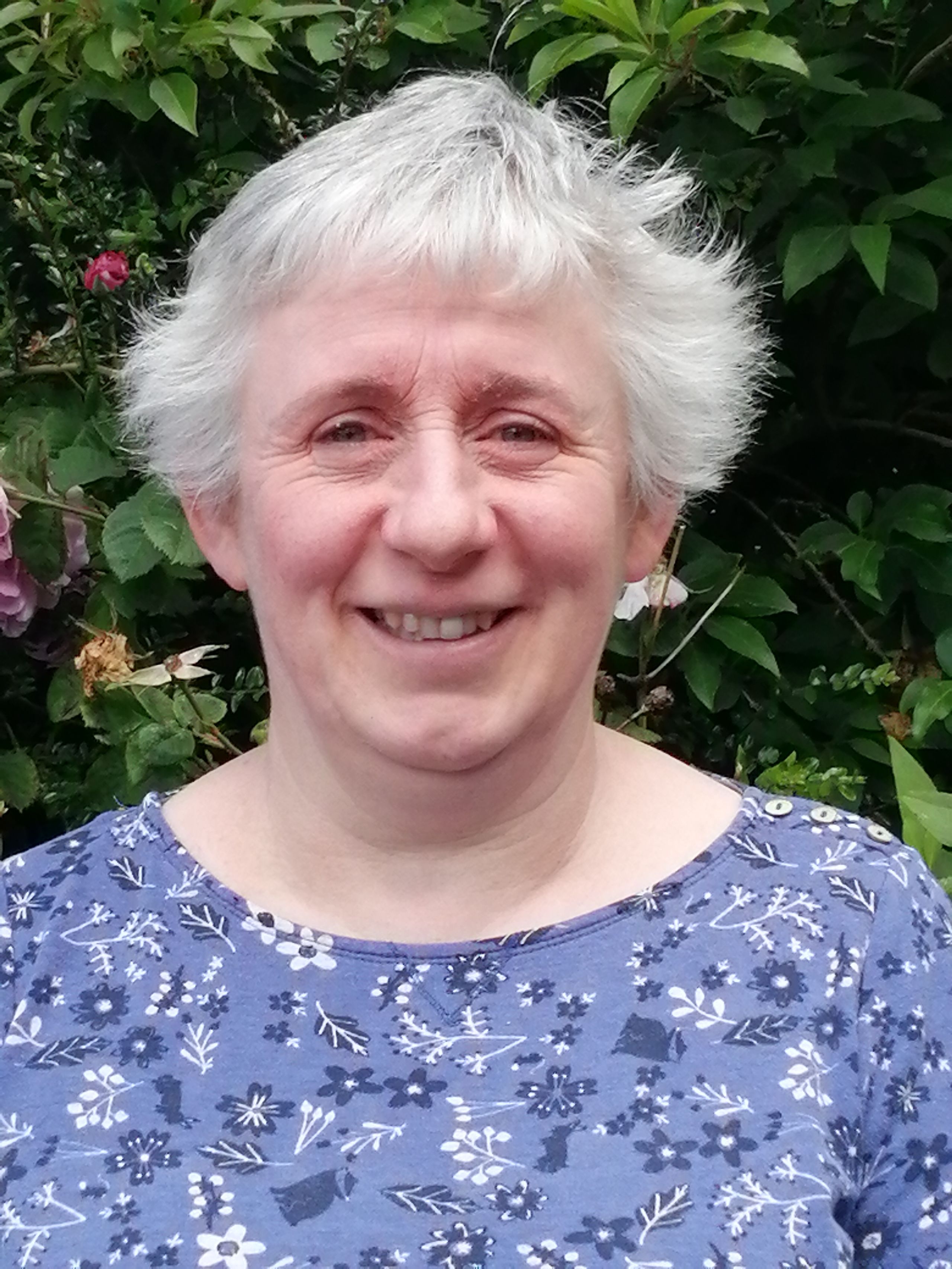
Dr. Angela Carnevale
I am a pure mathematician specialising in algebra and combinatorics. One of the things that most excite me in my research is to look for patterns and define and study structures to solve problems from other areas of mathematics.
My research is guided by pure curiosity, but history has taught us that such blue skies research often has surprising applications in the real world.
More
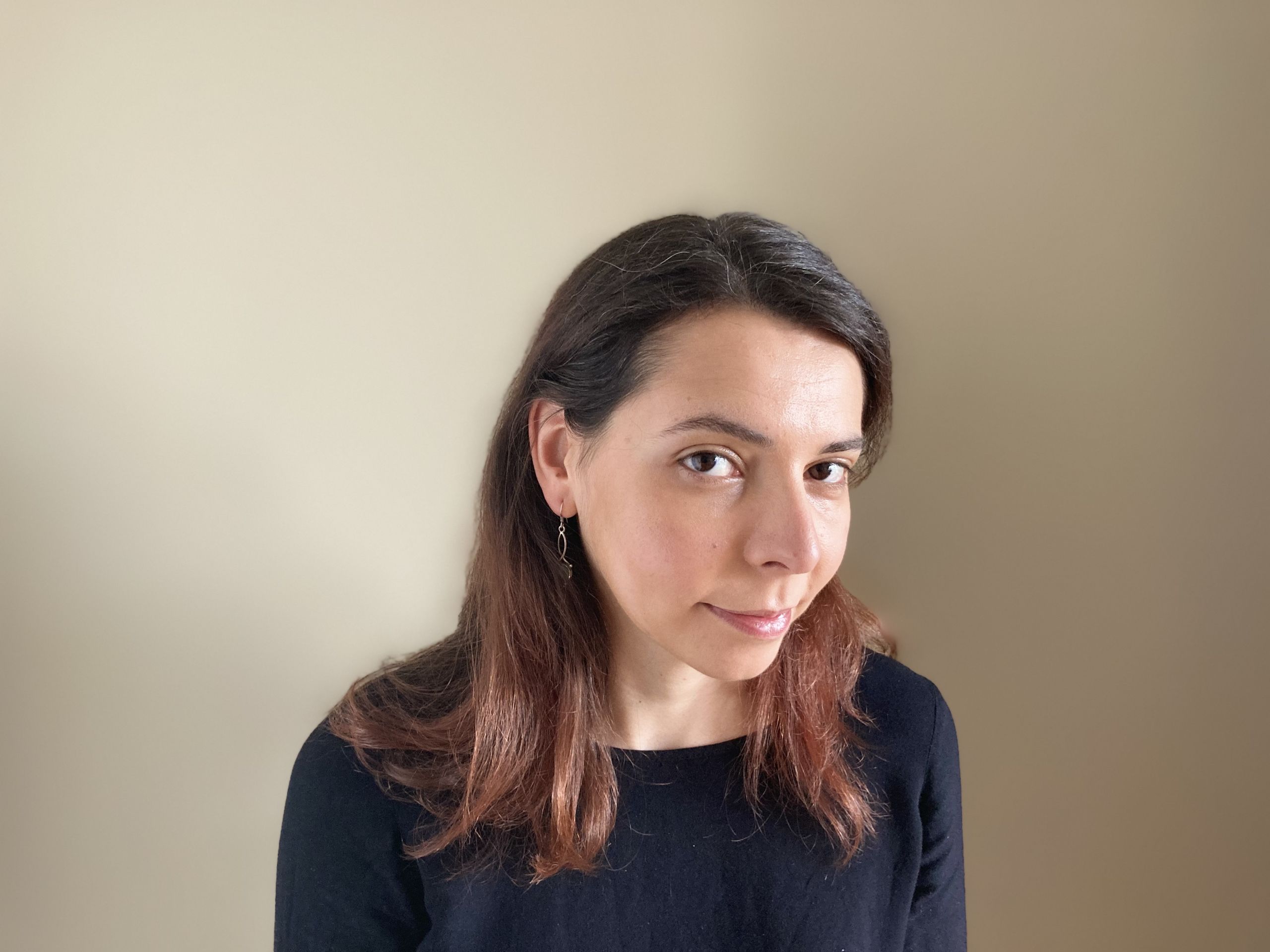
Dr. Marie Coggins
I am an Exposure Scientist, my research focuses on characterizing the magnitude of human exposure and exposure pathways for a range of pollutants across multiple microenvironments including in homes, schools or the workplace. My research also explores the impact of this exposure on our health.
Exposure science has the potential to make a positive impact on everyone’s health and wellbeing, understanding the source and magnitude of the exposure risk allows us to advise on appropriate risk reduction measures and informs the development of regulation or policy to safe guard and protect human health.
More
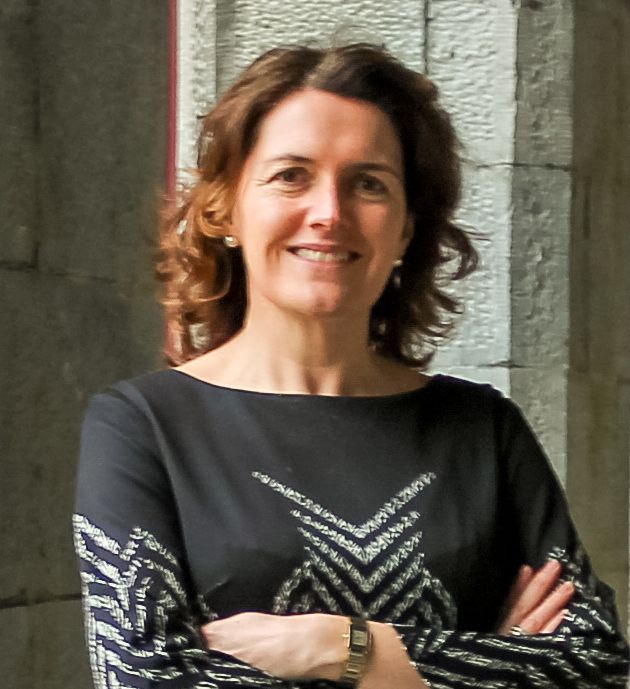
Dr. Liz Coleman
I specialise in climate modelling and air-quality forecasting. I have gained a comprehensive understanding of the interdependent processes that affect, and are affected by, climate change.
I'm very engaged in the promotion of interdisciplinary research to address major environmental challenges, and connecting the state-of-the-art research carried out at University of Galway to the wider community, from local to global scales. This is a very timely activity as the environmental and climate crisis that affects us today requires a united societal-wide response that spans multiple sectors and harnesses the use of advanced enabling technologies and sophisticated understanding of environmental processes, where each citizen will be mobilised and empowered to act for a more sustainable future.
More
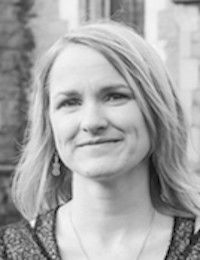
Dr. Alison Connolly
I am an exposure science researcher motivated by protecting human health by evaluating and understanding exposures from new and emerging pollutants, predominantly using human biomonitoring approaches for exposure assessments.
My research has made substantial and novel contributions to science regarding human exposures to pollutants.
More
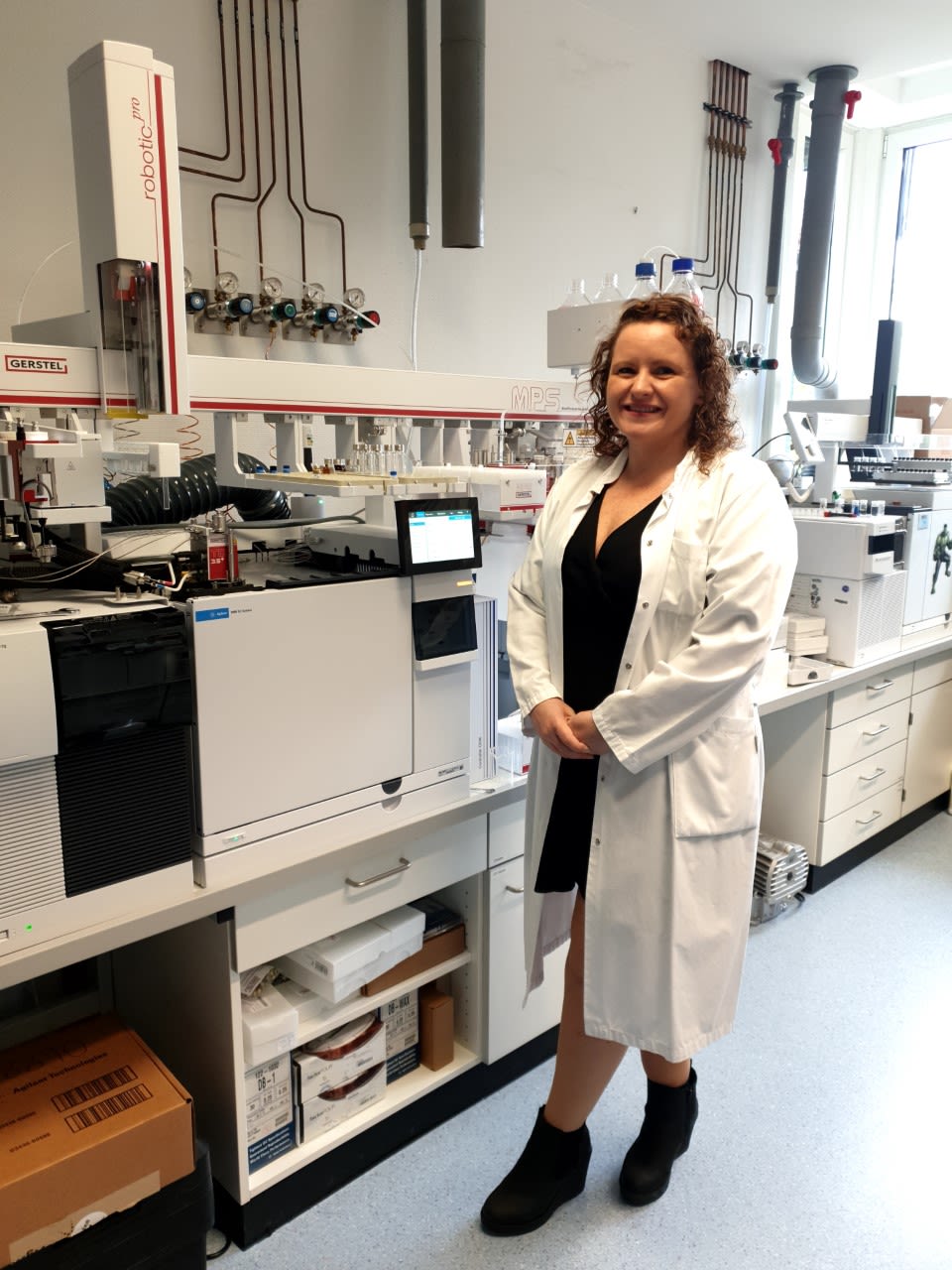
Dr. Simone Christina Coughlan
I am a lecturer, principal investigator, and training coordinator in the SFI Centre for Research Training in Genomics Data Science at University of Galway.
I perform research involving the application of genomics and am excited to be involved in training the next generation of world class genomics data scientists along with using genomics in my own research to better understand the microbiome and cancer.
More
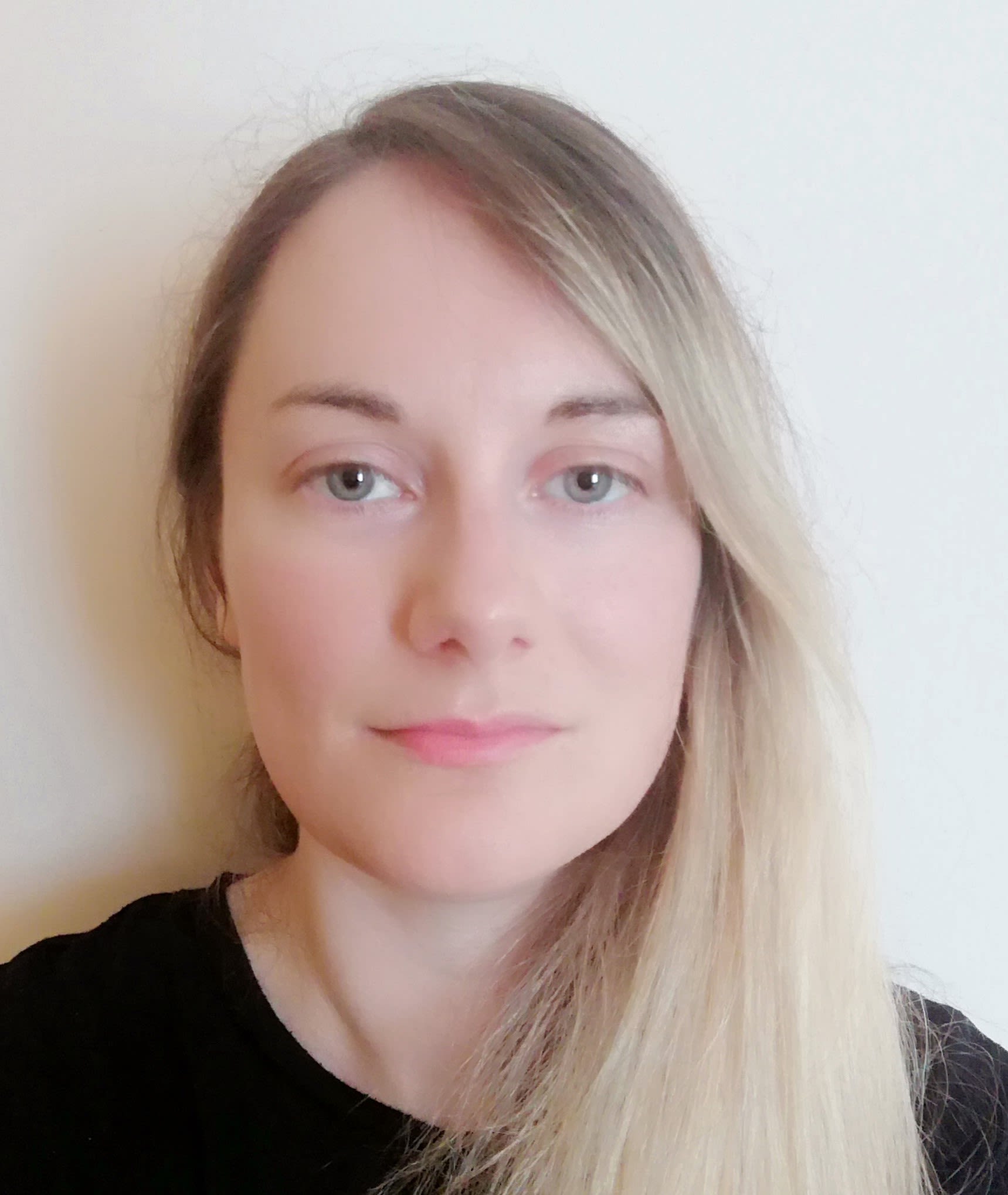
Dr. Eimear Dolan
I design next-generation medical devices with the ultimate aim of improving outcomes for people suffering from diseases such as diabetes, and ovarian cancer.
It's exciting because we want to solve real world problems by designing improvements and providing solutions to current medical challenges.
More
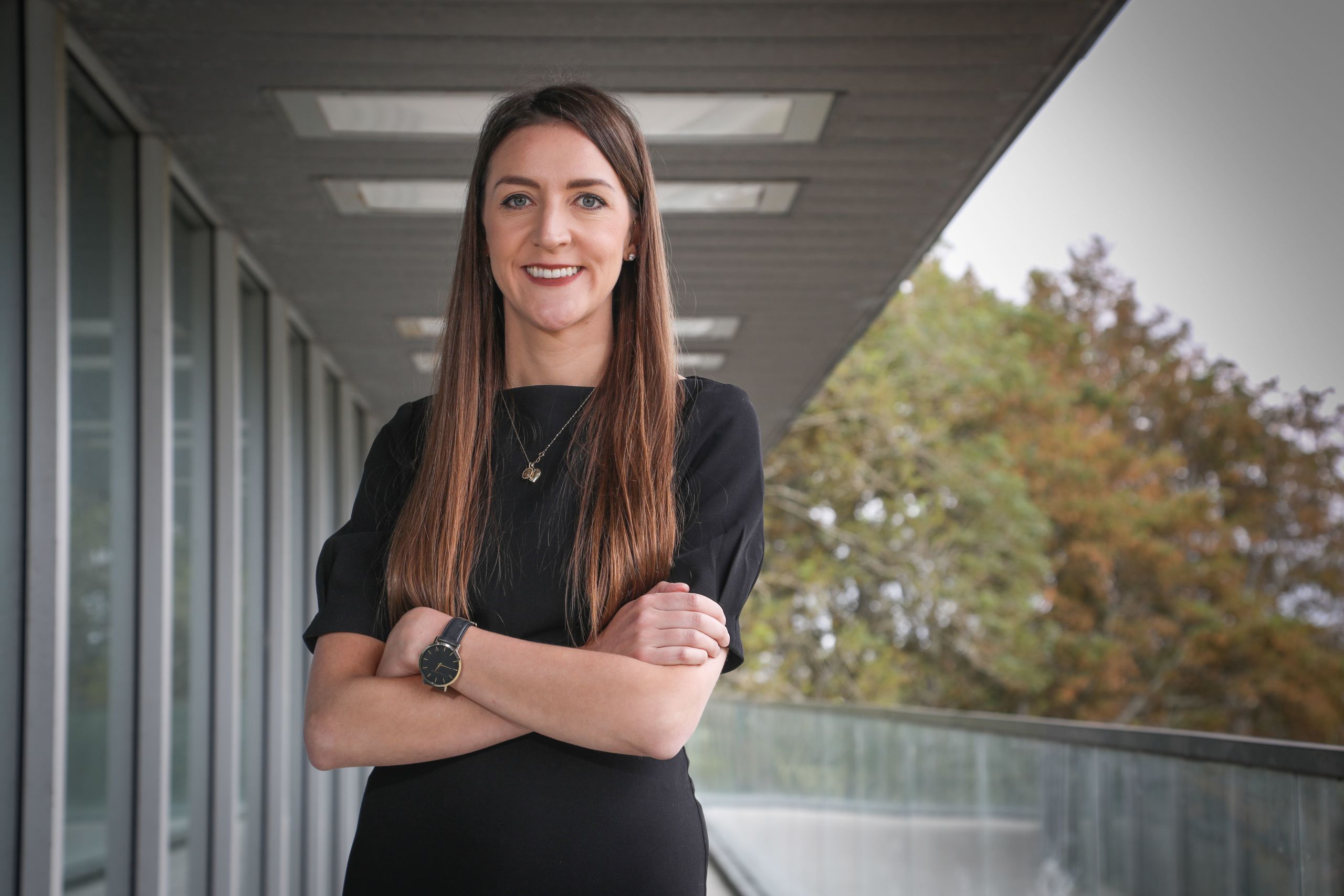
Dr. Elaine Dunleavy
I am a cell biologist and geneticist interested in understanding how eggs and sperm are generated.
The goal of my research is to improve the current understanding, diagnosis and treatment of human infertility, a disease which affects millions of people of reproductive age worldwide.
More
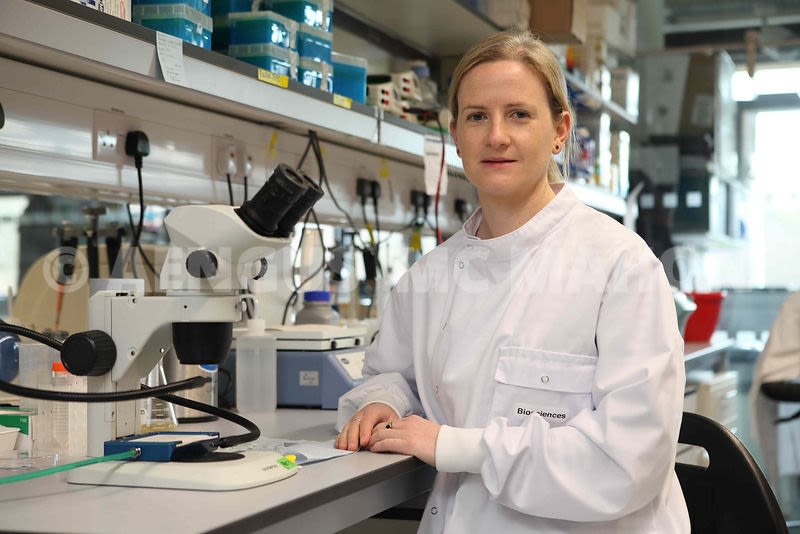
Prof. Adrienne Gorman
I am a cell biologist working mainly with cancer cells to understand how cellular stress affects cell survival and death.
This research is exciting and timely because we urgently need new therapeutic targets for several cancers and, by manipulating cellular stress response pathways, we are learning how to tip the balance towards cell death with a goal of exploiting this for the treatment of cancer and other diseases.
More
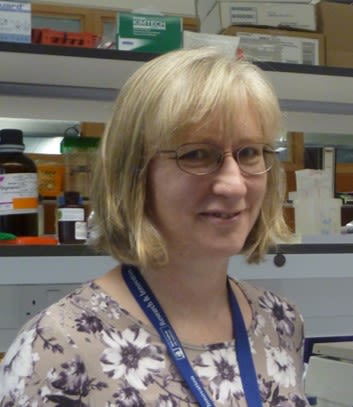
Dr. Magdalena Hajdukiewicz
I am working in the broad area of sustainability in the built environment. My research focuses on the energy and environmental performance of buildings, including the impact of building structure on indoor environment and occupants’ health and comfort.
Buildings and construction account for almost 40% of the energy-related greenhouse gas emissions worldwide. Mitigating climate change requires innovative and energy-efficient building designs. However, there are many challenges that can reduce the energy performance of buildings. Combining engineering, architecture, facilities management, building physics, health, physiology and occupant behaviour allows us to design, construct and operate energy efficient, healthy and comfortable buildings.
More
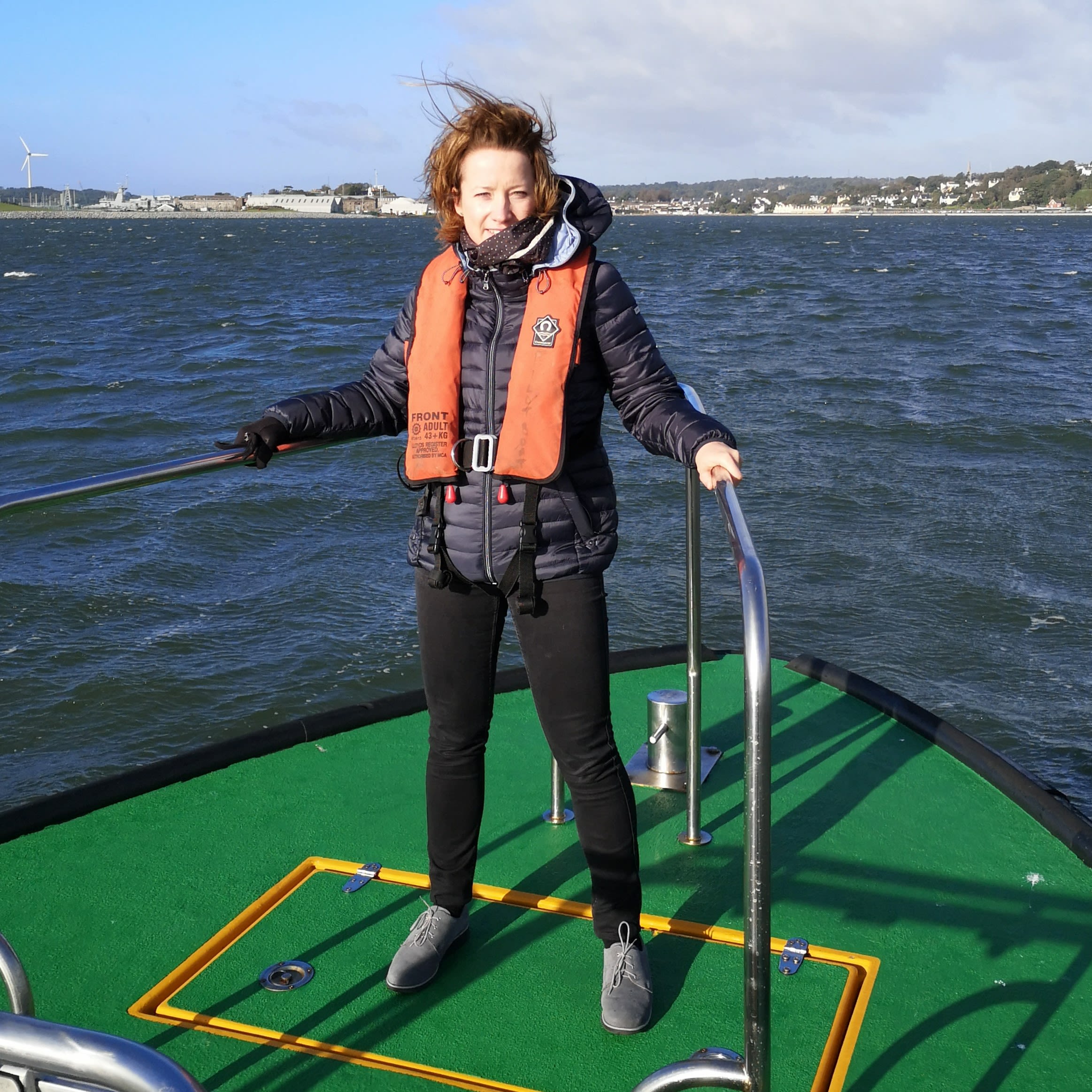
Dr. Jennifer Hannifan
I am Earth Observation Programme Manager at the Irish Centre for High-End Computing, and I develop projects and proposals using satellite data for environmental applications.
With my background in satellite data analysis, and using the high performance computing resources available at ICHEC, I can take projects to the next level.
More
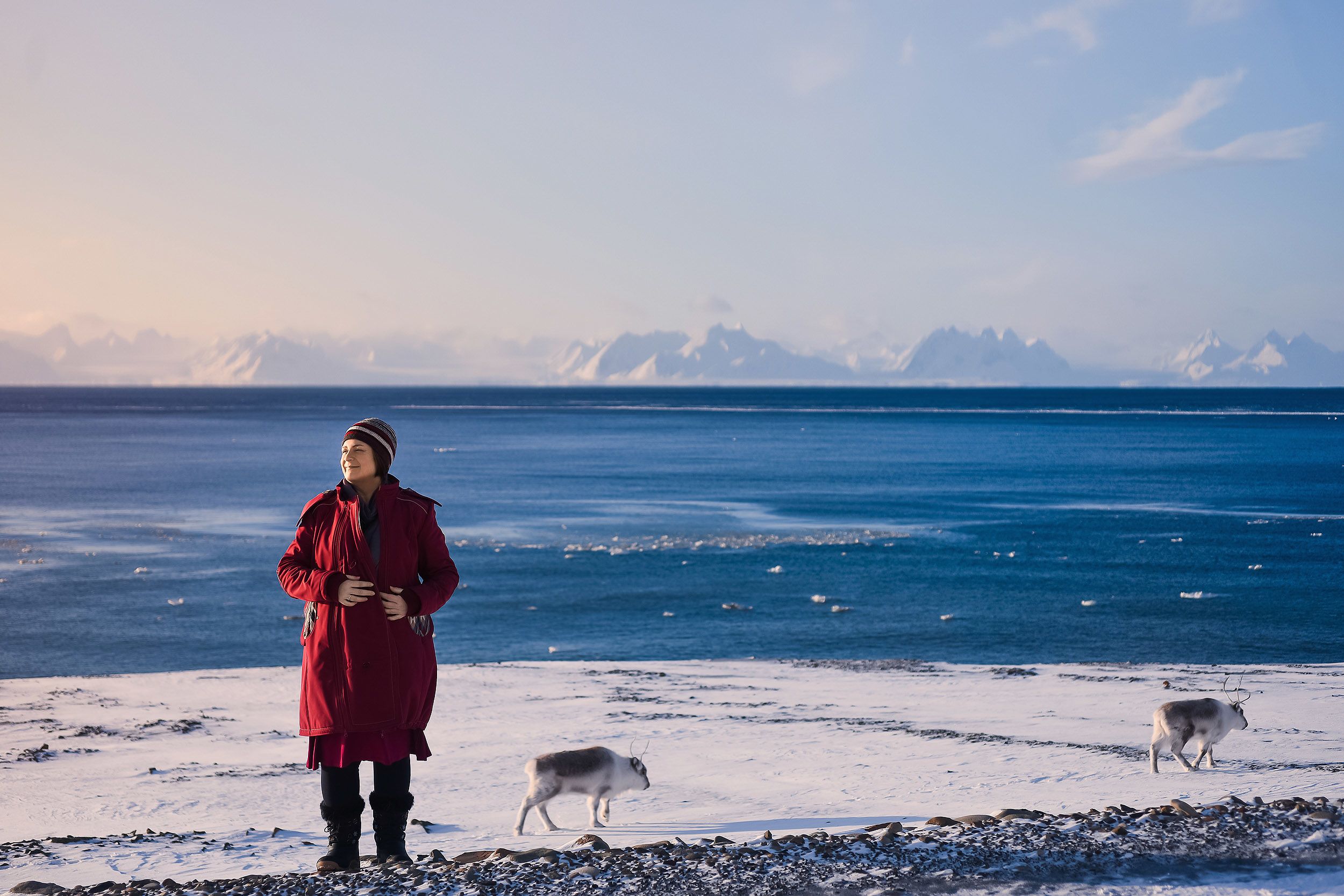
Dr. Shahd Horie
I am a senior technical officer and my role is to support and innovate basic and translational research projects.
I also support undergraduate student education in Science and Medicine. I am passionate about helping students develop the key skillsets that they will need to advance their studies and future careers.
More
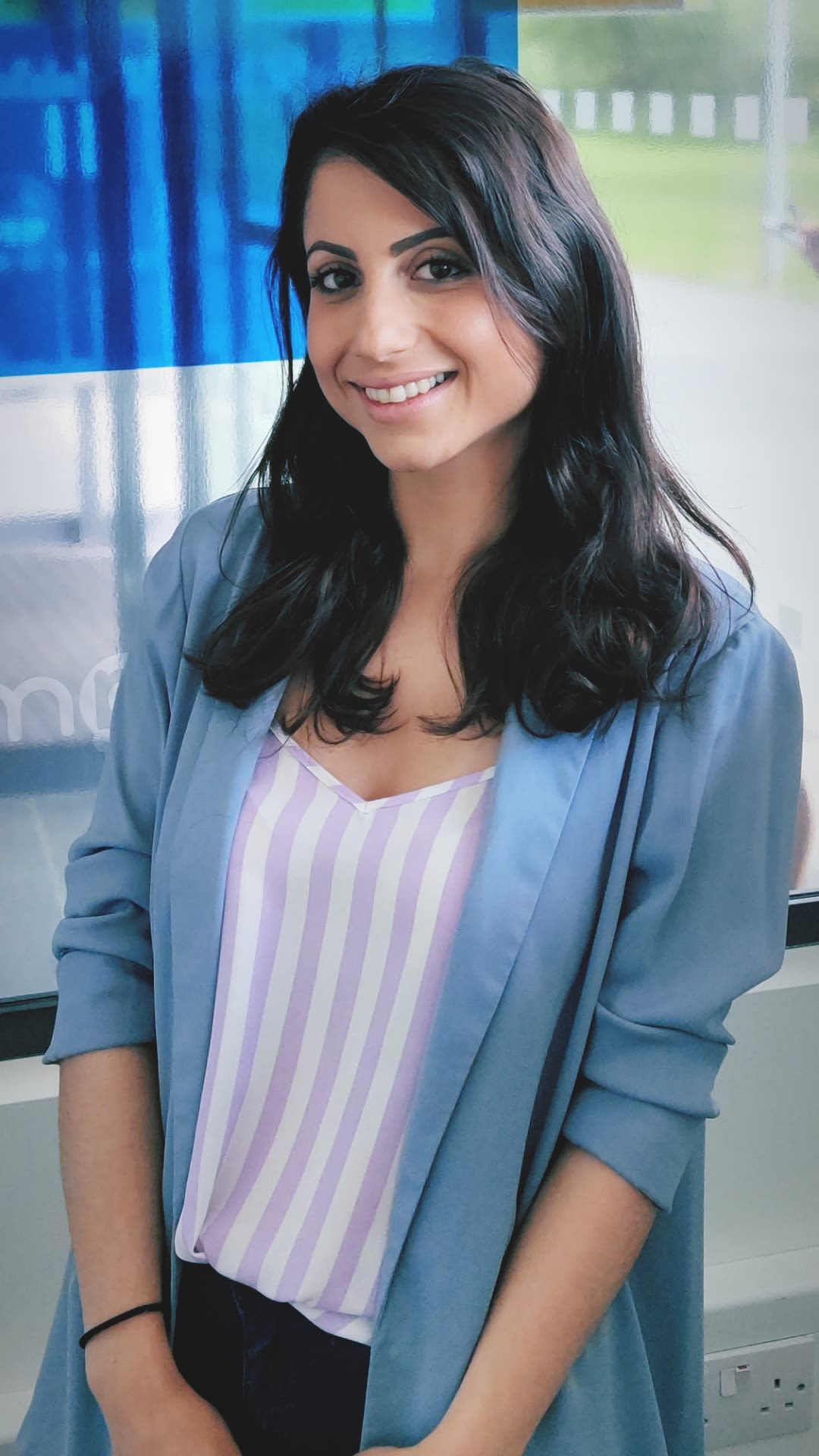
Dr. Asma Khatoon
I am working with The Science Foundation Ireland (SFI) Centre for Marine and Renewable Energy Ireland at University of Galway.
My research interests include consumer electronics, internet-of-things, embedded systems, energy systems, e-health, artificial intelligence, computer vision, machine learning and blockchain technology. My current focus is atmospheric composition forecasting and real-time data system designing to monitor, observe and forecast GHG emissions
More
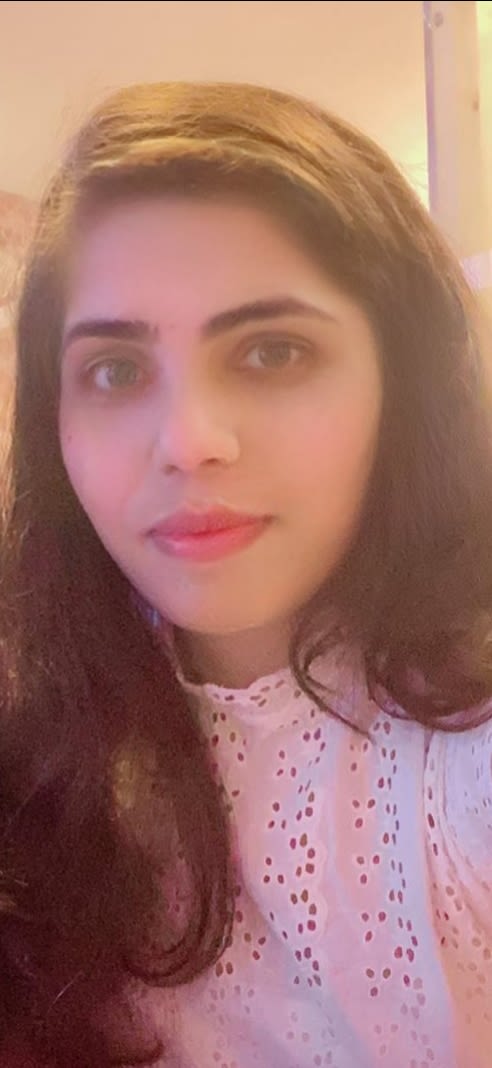
Sweta Malik
I am a PhD student at Insight Centre for Data Analytics, working primarily in peer to peer energy trading using blockchain technology. I investigate trading algorithms for local energy trading using game theory like cooperative, non-cooperative, auction and multi-agent. I received best paper award at the International Conference on Power Energy, Environment and Intelligent Control (PEEIC) 2019 on integrating automated demand response with energy efficiency in smart grid infrastructure.
My research is exciting because the energy sector is undergoing a paradigm shift from a centralised to a decentralised network with the increase in renewable energy sources. With the signing of the Paris agreement, the transition towards renewable energy is a critical part of meeting the goal for climate change.
More
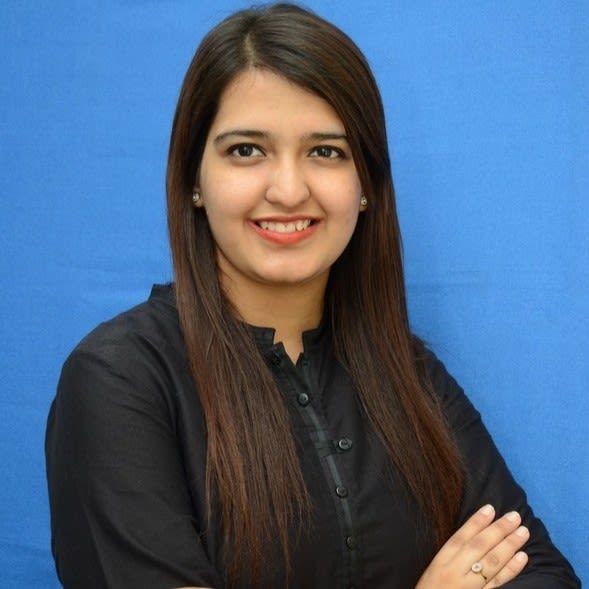
Dr. Olivia McDermott
My research is on quality management, Industry 4.0 and Operational Excellence.
This is important and timely as we are in the age of a fourth industrial revolution with increased digitalisation of operations and services in organisations. How we apply the technology to enhance products and services is very relevant to organisational development and innovation.
More
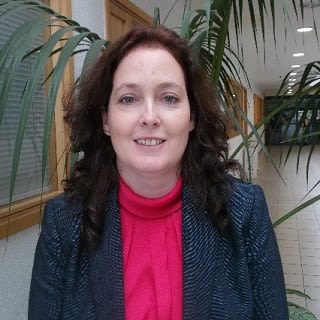
Dr. Sinéad Mitchell
I am a lecturer in mechanical engineering. I also work with industry on sustainable, medical and assistive technologies. I'm passionate about sustainability and I inspire students to consider the environmental and social impact of designs, materials and processes.
My research is on sustainable business and manufacturing, and the circular economy. This is really exciting as there are a lot of changes happening, and this decade will define the future health and wellbeing of the planet and people.
More
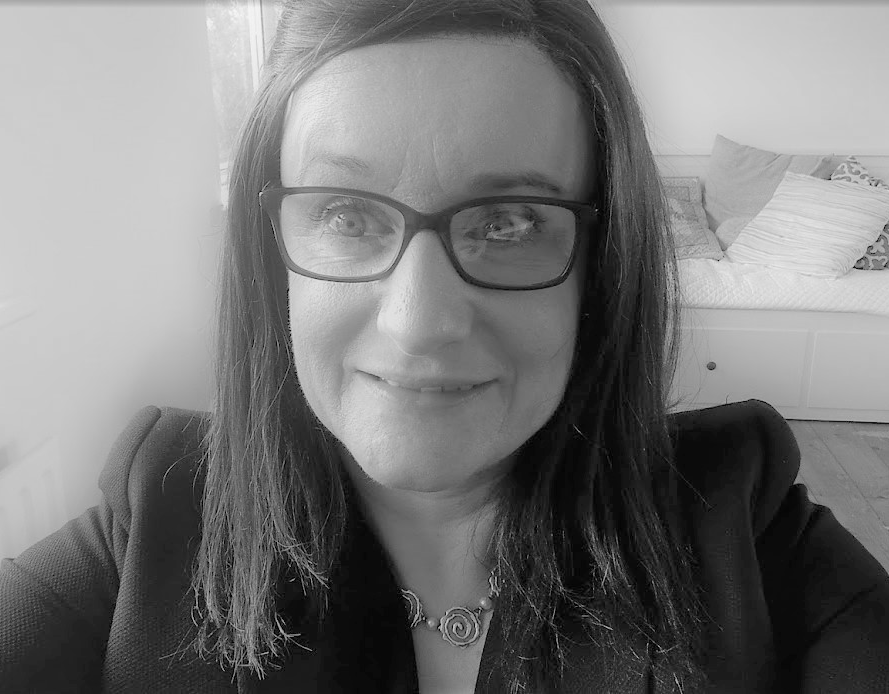
Dr. Indiana Olbert
I am a lecturer in civil engineering. My research team and I specialize in water resources engineering and, in particular, in forecasting effects of climate change on Irish coastal waters, flood protection, surface water quality assessment and marine renewable energy harvesting.
Our research supports government departments, research institutes, and industry in efficient management of coastal infrastructure, and development of marine renewable energy services.
More
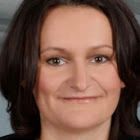
Dr. Claire Robinson
I work as part of a team that studies how cell stress pathways impact cancer. By studying this we hope to find ways to target survival pathways in cancer cells.
The research we do is important and exciting as it is improving our understanding of how cancer cells work and how they survive stressful scenarios. The more we understand about these cells, the more specific our approaches will be to target them and treat cancer.
More
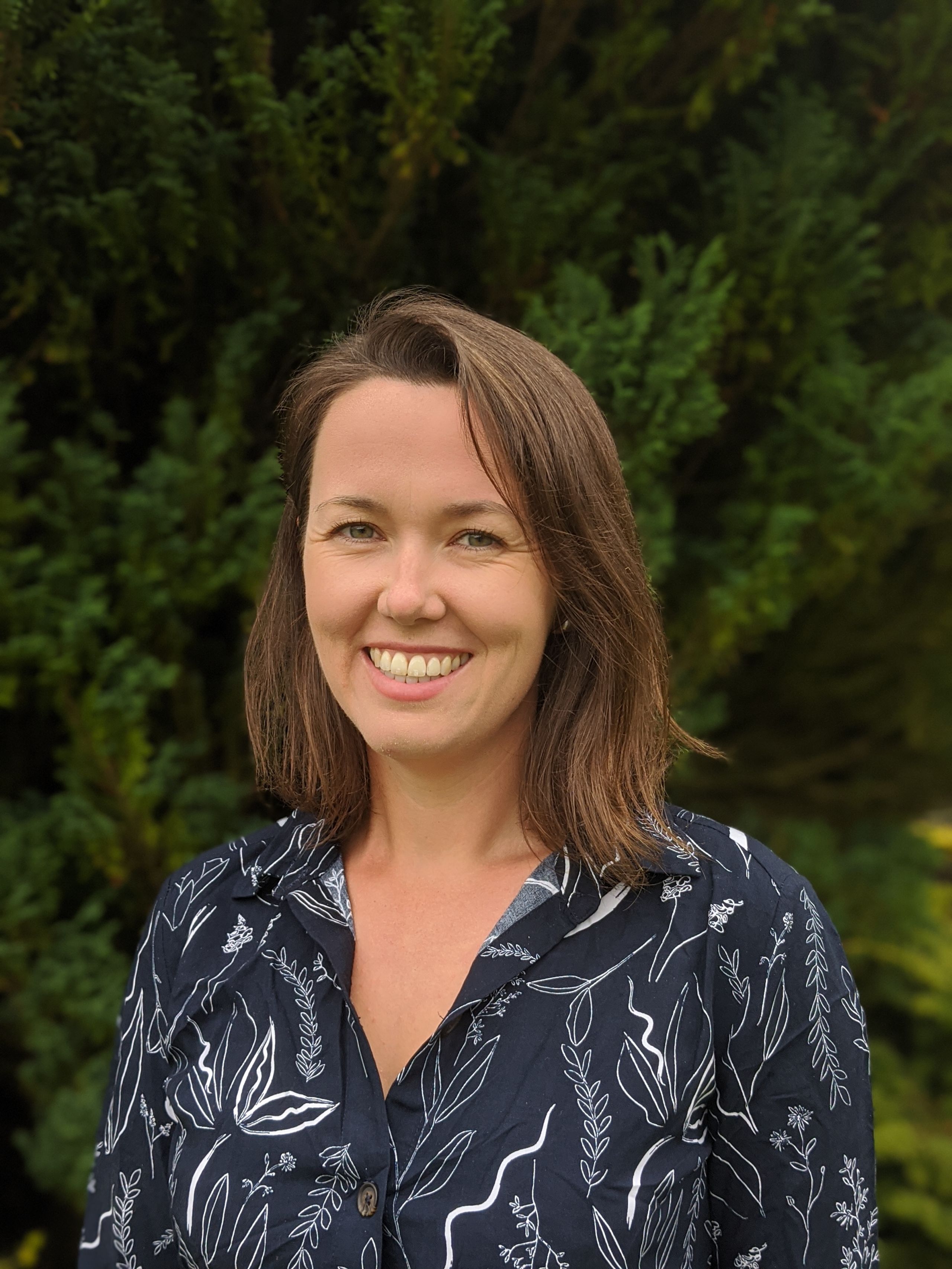
Dr. Tania Palmeiro Sanchez
TI produce biodegradable plastics using just renewable resources. I just do what I love: applying engineering and continuous creative learning to build a better world.
I am borrowing the words of the environmental activist and writer Wendell Berry, from his book "The Unforeseen Wilderness" to express my own motivation but also the importance of environmental research: "[...] a man who knows that the world is not given by his fathers, but borrowed from his children [...] not because he is duty-bound, but because he loves the world and loves his children".
More
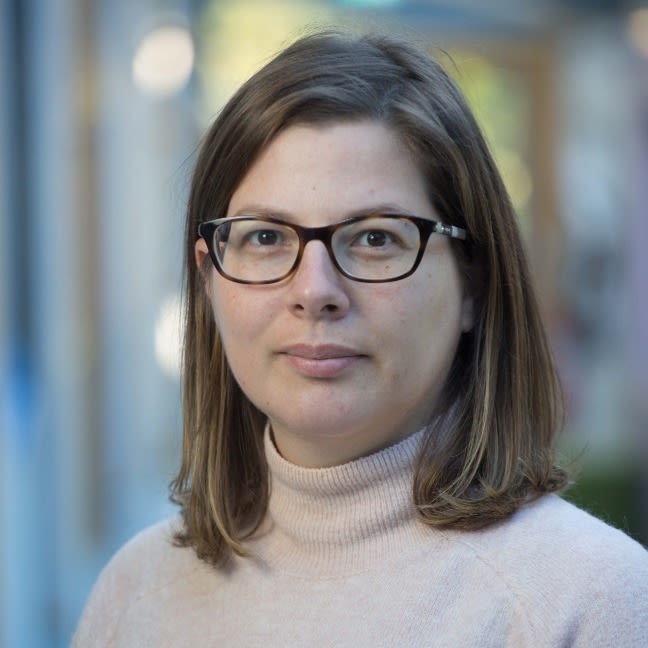
Dr. Patricia Scully
I am a physicist working with Laser inscription of polymers and optical materials for sensors and devices. This includes polymers and carbon nanomaterials, digitally programmed manufacturing methods, measuring the electrical and optical measurements of materials, and creating systems with signal processing and analysis.
Our research is important as applications range from laser-induced carbon nanomaterials to create a type of graphene for sensing, right through to smart surfaces for pressure and gait analysis.
More
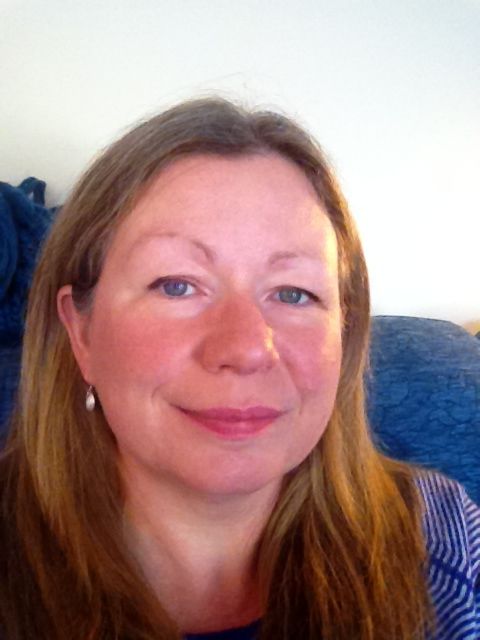
Aoibhín Sheedy
I am a biomedical engineer and a PhD student. My research is on ovarian cancer, which is a lethal gynaecological disease. I am developing an immunotherapy, which is targeted specifically at ovarian cancer and which will give better outcomes for patients.
I am also the founder and auditor of the University of Galway WiSTEM (Women in Science Technology Engineering and Mathematics) Society, which supports women in achieving their full potential in STEM by providing mentorship, upskilling and outreach. Our biggest achievement this year has been winning a University of Galway grant to provide ten paid summer internships in research labs.
More
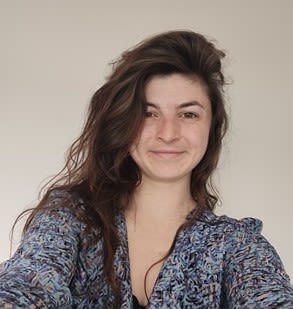
Dr. Alma Siggins
I am an environmental microbiologist working across Science and Engineering to develop technologies driven by microorganisms. I harness the natural processes carried out in the environment by microbes such as bacteria, and use these processes in engineered systems. In this way we can break down pollution in soil and water, reduce greenhouse gas emissions, generate energy or produce high-value compounds from waste. My focus is to develop treatment technologies that prevent pesticides from entering waterways.
To me, sustainability means understanding that societal growth and development must be balanced by maintaining the integrity of our planet and its resources. By combining science and engineering, I can take an initial scientific question and pursue it right through to technology development and implementation.
More
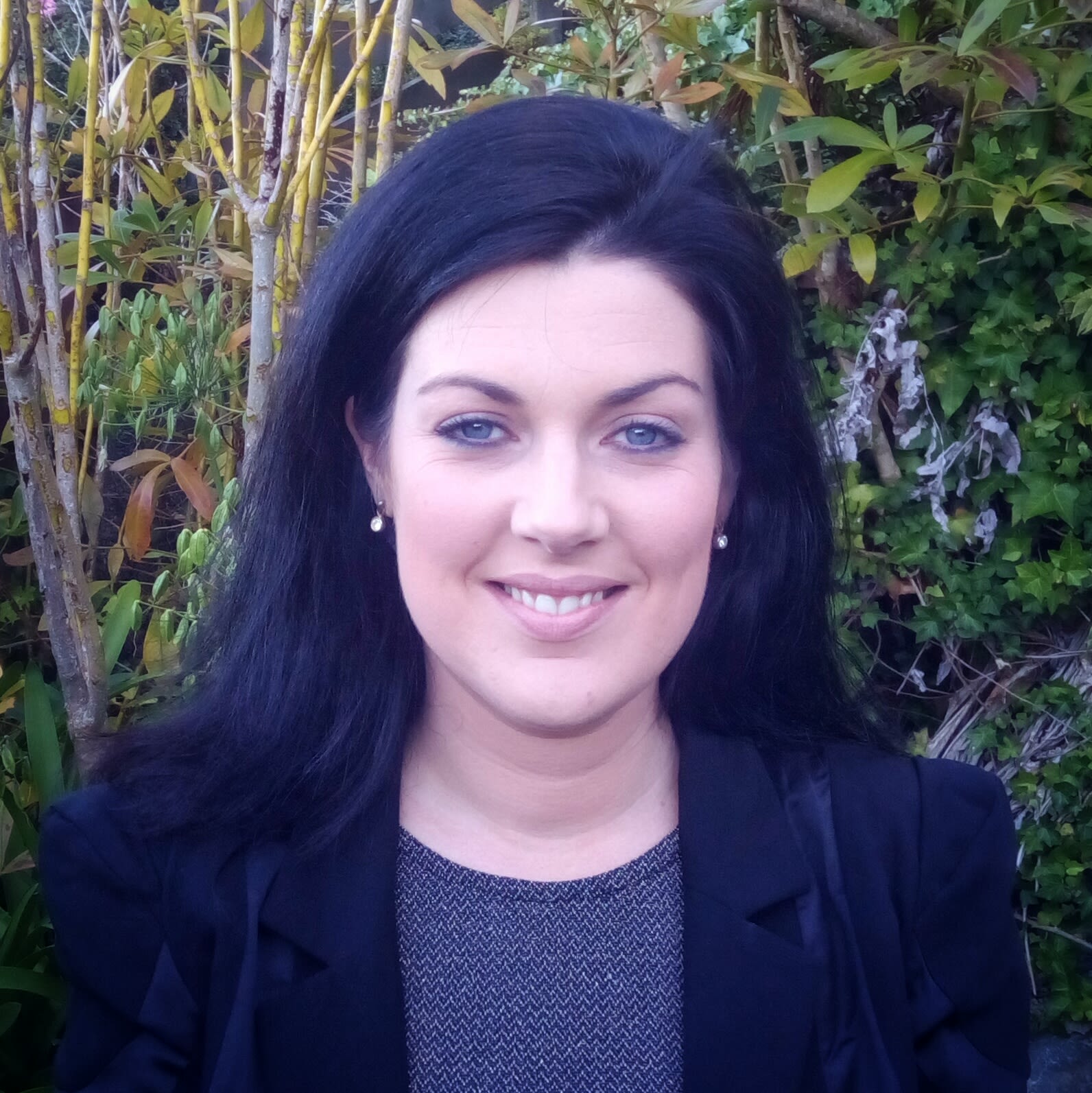
Niamh Ward
I am a biomedical engineer and PhD student. My research investigates the use of novel medical device technologies to improve treatment outcomes for patients with type 1 diabetes.
This research is important as there is so much room for improvement in the treatment of type 1 diabetes, and a new therapy has the potential to transform the lives of type 1 diabetes patients worldwide.
More
